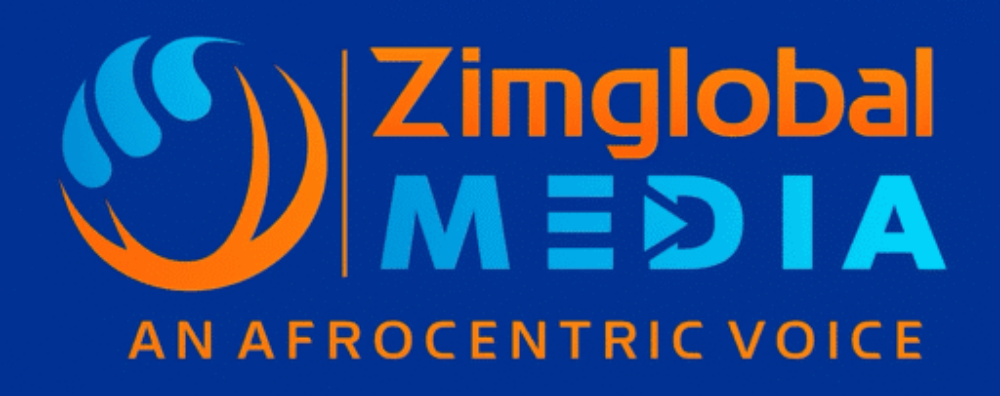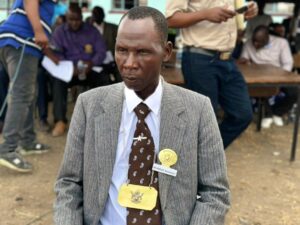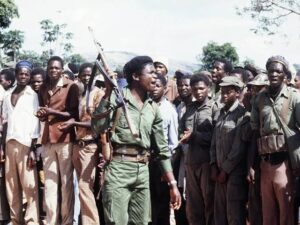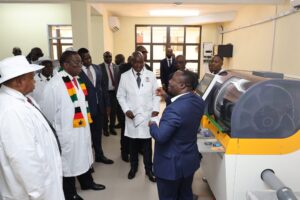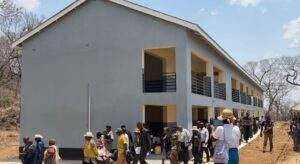Reclaiming the African Narrative – Why Telling Our Own Stories Matters
5 min read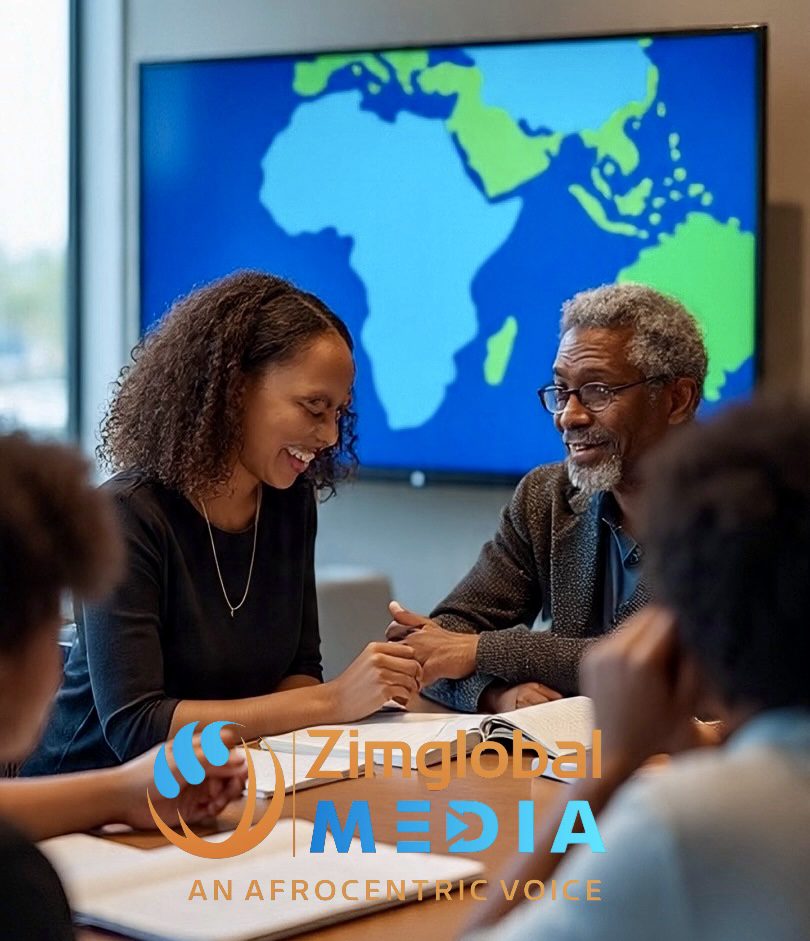
Editorial – For centuries, Africa’s image has been shaped, filtered, and often distorted through the lens of outsiders.
From colonial chroniclers to Western media houses, the story of the African continent has too often been told about Africans rather than by Africans.
The result is a legacy of stereotypes, oversimplifications, and omissions that obscure the richness, diversity, and dynamism of African life.
Today, a growing movement of African writers, filmmakers, journalists, historians, and digital storytellers is reclaiming the narrative — asserting that Africa’s story must be told by Africans, for Africans, and in our own voices.
This movement is not simply about correcting misconceptions; it is about restoring dignity, agency, and authenticity to a continent whose narratives have long been written by others.
Stories are powerful. They shape perceptions, influence policy, and frame collective memory.
Through stories, we understand who we are, where we come from, and what we aspire to become. Yet when those stories are told through foreign eyes, they can distort identity and perpetuate harmful myths.
For decades, global media narratives have painted Africa as a continent defined by poverty, war, corruption, and disease.
While these issues are real, they represent only a fraction of the African experience. Missing from these portrayals are the stories of resilience, innovation, spirituality, and everyday joy — stories that reflect Africa’s humanity and complexity.
This imbalance has real consequences. It influences how the world interacts with Africa, how investors assess risk, and how young Africans view themselves. The danger lies not just in the lies told, but in the truths left untold.
Reclaiming the narrative, therefore, is an act of intellectual and cultural liberation. It means challenging external gatekeepers, dismantling one-dimensional portrayals, and reasserting control over the stories that define us.
Africa’s storytelling tradition is ancient and profound. Long before the written word, African societies used oral tradition — through songs, proverbs, poetry, and folklore — to transmit knowledge, values, and history across generations. Storytelling was more than entertainment; it was a form of education, spirituality, and social cohesion.
Colonialism disrupted this tradition. European education systems devalued indigenous knowledge, replacing local narratives with foreign histories and languages. Yet, oral storytelling never disappeared — it evolved. Today, it is being reborn in digital form.
Across the continent, young Africans are harnessing the power of digital media, film, literature, and social platforms to retell their stories.
African podcasters are reclaiming history. Filmmakers are portraying African cities as spaces of creativity and innovation. Writers are exploring themes of identity, diaspora, and futurism through genres like Afrofuturism — imagining African futures rooted in cultural pride and technological empowerment.
The tools of storytelling may have changed, but the purpose remains the same: to ensure that our voices are heard, our cultures celebrated, and our experiences preserved.
Global media remains one of the biggest battlegrounds for narrative control. Too often, international networks cover Africa from a distance, framing stories through a crisis lens.
This is not necessarily malicious — it is structural. Without African editorial leadership, African perspectives are marginalized.
The rise of independent African media platforms is changing this landscape. Outlets like Zim Global Media News, The New Humanitarian, Quartz Africa, and others are amplifying authentic African voices, focusing on stories that matter to local audiences.
These platforms are not only telling different stories but also changing how stories are told — centering African subjects as protagonists, not passive victims.
In Zimbabwe, for example, media entrepreneurs are documenting local innovations, community resilience, and cultural revival movements that rarely make global headlines.
By doing so, they are demonstrating that Africa is not a problem to be solved, but a continent of solutions.
Reclaiming the narrative also means safeguarding cultural heritage — the art, music, rituals, and spiritual practices that form the foundation of African identity.
Colonialism not only exploited Africa’s resources but also sought to erase or delegitimize African cultures.
Museums in Europe still house thousands of stolen artifacts, symbols of histories that were uprooted and misinterpreted.
The movement to repatriate African heritage is part of this broader narrative reclamation.
When cultural artifacts return home, so too does a sense of ownership over the past. Similarly, documenting oral histories, indigenous philosophies, and traditional ecological knowledge helps ensure that Africa’s wisdom systems are recognized as equal contributors to global knowledge.
In Zimbabwe, the preservation of sacred sites such as Great Zimbabwe, Matobo Hills, and Domboshava among others reflects an ongoing effort to connect modern identity with ancestral memory.
These landscapes are not just monuments; they are living narratives of a people whose story continues to unfold.
Writers like Chimamanda Ngozi Adichie, Ngũgĩ wa Thiong’o, Tsitsi Dangarembga, and NoViolet Bulawayo have long argued that storytelling is a political act.
To write, film, or paint from an African perspective is to resist invisibility. It is to challenge the “single story” — that reductive narrative that defines an entire continent by tragedy.
African academics and historians, too, are reclaiming space in the global conversation. They are rewriting curricula, producing scholarship rooted in African epistemologies, and challenging Eurocentric interpretations of African history.
The creative economy — encompassing literature, fashion, film, and music — has become one of the most powerful tools in reshaping Africa’s global image.
From Nollywood to Amapiano, African art is no longer confined to the margins; it is shaping global culture. And as African creatives assert ownership of their work through digital platforms, they are not just exporting entertainment — they are exporting narrative power.
Reclaiming the African narrative is not a one-time project; it is a continuous process of creation, reflection, and resistance.
It requires investment in local media, support for creative industries, and education systems that teach young Africans to value their heritage and question imported narratives.
It also demands collaboration across borders. Africa is not a monolith; it is a mosaic of cultures and histories.
By connecting storytellers from Harare to Lagos, Nairobi to Dakar, the continent can weave a tapestry of interconnected narratives that celebrate diversity while building unity.
Above all, reclaiming the narrative requires courage — the courage to look inward, to embrace complexity, and to tell the truth, even when it challenges comfort or convention.
Telling our own stories is more than a cultural duty; it is an act of sovereignty. It is how a people define themselves on their own terms, free from distortion and erasure.
As Africa stands on the threshold of a new era — defined by digital innovation, youthful energy, and creative resurgence — the time has come to speak with our own voice, write with our own pen, and dream with our own imagination.
For when Africa tells her own story, the world listens differently — and perhaps, for the first time, truly hears.
——————————————
Zim Global Media News 🗞️
an Afrocentric Voice
